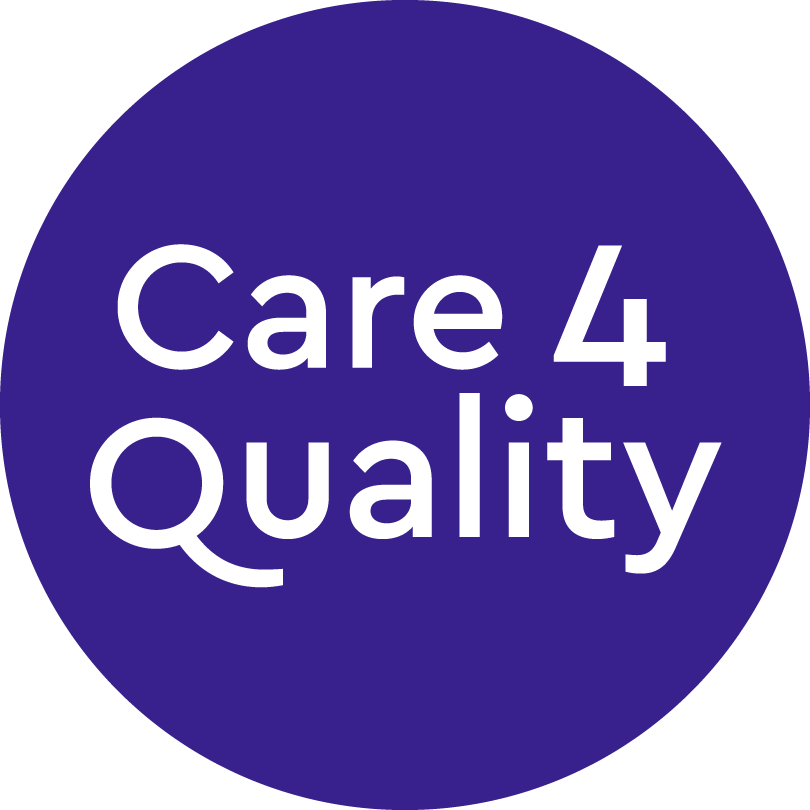Privacy and dignity are a human right, yet 73% of care homes were rated inadequate in this area and are not protecting these values of those in their care to a high enough standard, reports Helen Fuller, Managing Director at Care 4 Quality.
Despite the multitude of issues the care sector now faces in light of the pandemic, it is startling to learn that too many providers are still falling into special measures because they aren’t learning from their past mistakes or stepping up to the mark when it comes to protecting the privacy and dignity of those in their care. Keeping residents safe from the virus is of course paramount right now but we have to achieve this while still caring for people in a more dignified manner. Protecting peoples privacy and promoting dignity is woven into daily life
This is really all about getting back to basics. Most people would agree that expecting a certain level of privacy and dignity within the care home setting is the very least these vulnerable people deserve. Reality often hits home when you ask care staff the pertinent question ‘would this be ok for your own mother?’
Although failure to provide adequate privacy and dignity to residents may be unintentional, questioning more actions ‘in the moment’ could help care providers to identify problem areas and re-evaluate processes to support best practice.
Failure to meet basic duties
The five KLOE’s (key lines of enquiry) introduced back in 2014, essentially protects residents from avoidable harm, abuse and anything that breaches their human rights. Privacy and dignity are a human right, yet a staggering 73% of care homes were rated inadequate in this area and are not protecting the privacy and dignity of those in their care to a high enough standard. This is an intrinsic element of ethical care provision and there are many great initiatives out there to take inspiration from, which aim to promote privacy and dignified care within the care home setting.
The high numbers of providers still failing to meet these basic duties is extremely alarming not to mention concerning for family members who are unable to visit their loved ones during the lockdown. Yet even during periods of difficulty, the world has seen much kindness, support and generosity of spirit amongst the care community, which demonstrates that the industry is capable of stepping up to the mark when it comes to making positive changes. Perhaps we will learn lessons from this time in our lives?
A step in the right direction would be for more care homes to appoint a dedicated ‘dignity champion’ within the wider team to take the lead of supporting staff in caring for people in a more dignified way. Making this area a core focus for the champion will ensure day-to-day care and best practice is reviewed and followed up. It’s about making someone accountable for protecting the privacy and dignity of others. A resident’s dignity champion who can be a spokesperson, involved in key decisions and feedback around dignity and privacy practices.
Collaboration and transparency
As part of operational compliance mechanisms, checks can be built in to ensure that appropriate terminology is used when discussing, recording and referring to residents receiving care and support. Other positive measures include making a care home environment suitable and appropriate. Age appropriate radio stations, television programmes and terminology can be positive focus areas when reviewing your own service.
To gain an informative and comprehensive baseline, services can carry out in-depth privacy and dignity audits that collect information from a variety of sources such as staff, residents, families and professionals. There are a number of free audit tools and resources out there for services that are specific and targeted to enable a self-audit of different areas of care and support, so it is worth looking into and taking advantage of these.
Collaborative working and in an open and transparent way can build on the common understanding of what ‘Dignity in Care’ means and can therefore be the driving force in making change in an effective and truly person-centred way.
